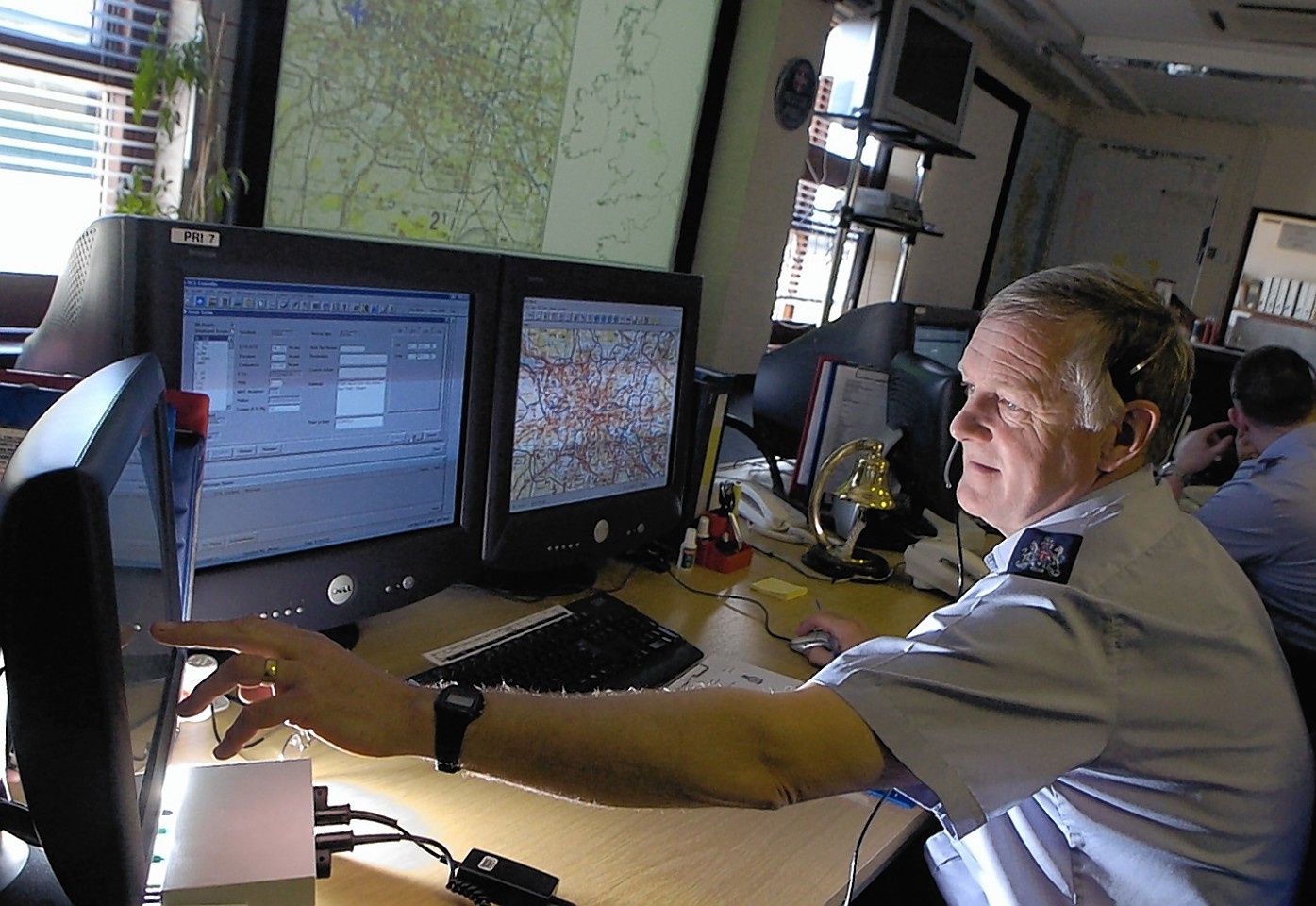Former airmen fear vital know-how will be lost if the Aeronautical Rescue Co-ordination Centre in Moray is closed.
The Ministry of Defence is already facing a political backlash after unveiling plans to move the facility from Kinloss to the south coast of England.
Moray’s SNP MP Angus Robertson described the move as “devastating” for the area, while Labour’s shadow defence minister said military chiefs had made a mistake.
Last night, former RAF Kinloss station commander Group Captain J J Johnson said it was unlikely any of the Aeronautical Rescue Co-ordination Centre (ARCC) personnel employed at what is now Kinloss Barracks would be moved to the National Maritime Operations Centre at Fareham.
He added it was time to celebrate the “fantastic” work carried in Moray by the ARCC team over the years.
He said: “The closure of the ARCC means the end of a fantastic history by an organisation dedicated to saving lives.
“The personnel at ARCC represent a corporate memory – of how to co-ordinate rescue – that now, sadly, will be lost for all of time.”
Mountain rescue specialist David “Heavy” Whalley was a member of the RAF Mountain Rescue Team for 36 years and has been involved in more than 1,000 missions.
He was team leader at RAF Leuchars and RAF Kinloss and was the senior team leader in the wake of the Lockerbie disaster.
Mr Whalley spent his last four years in the service working in the rescue co-ordination centre at RAF Kinloss and has concerns over the centralising of search and rescue (SAR) power.
He said: “The ARCC in Moray has been a huge part of my life since my early days in mountain rescue.
“When I was team leader I was regularly awoken in the middle of the night with a call-out from the ARCC. I would be briefed and then off to brief the team.
“It was an incredible system that was a huge benefit at the Lockerbie disaster.
“We got to know the controllers and rely on them throughout the years. There was vast SAR experience behind the team.”
Mr Whalley said he was lucky to spend his last few years in the military working in the ARCC.
He added: “Once I mastered the technology, working in the ARCC was the most fulfilling job, apart from mountain rescue, I had ever done.
“I knew the move would happen, and, once we lost the military helicopters to the new contract, it was the end.
“A new national centre will be a huge change. There are always pros and cons and my views are well known by many in SAR.
“It is very important to still have local knowledge, especially in the mountains, a map tells you little and area knowledge is critical.
“Helicopters cannot do everything, contrary to what some people in authority think. Postcodes do not work to find a location in the mountains.
“I wish the new centre well, but you cannot run it as a ‘call centre’.
“It still needs experience in all fields of SAR, which is not easy to find.
“It will be interesting to see how things go and I am sure that all will work hard to ensure the casualty does not suffer.”
The Ministry of Defence announced on Thursday that 27 RAF posts and 10 civilian jobs would be affected by the relocation of the ARCC.
